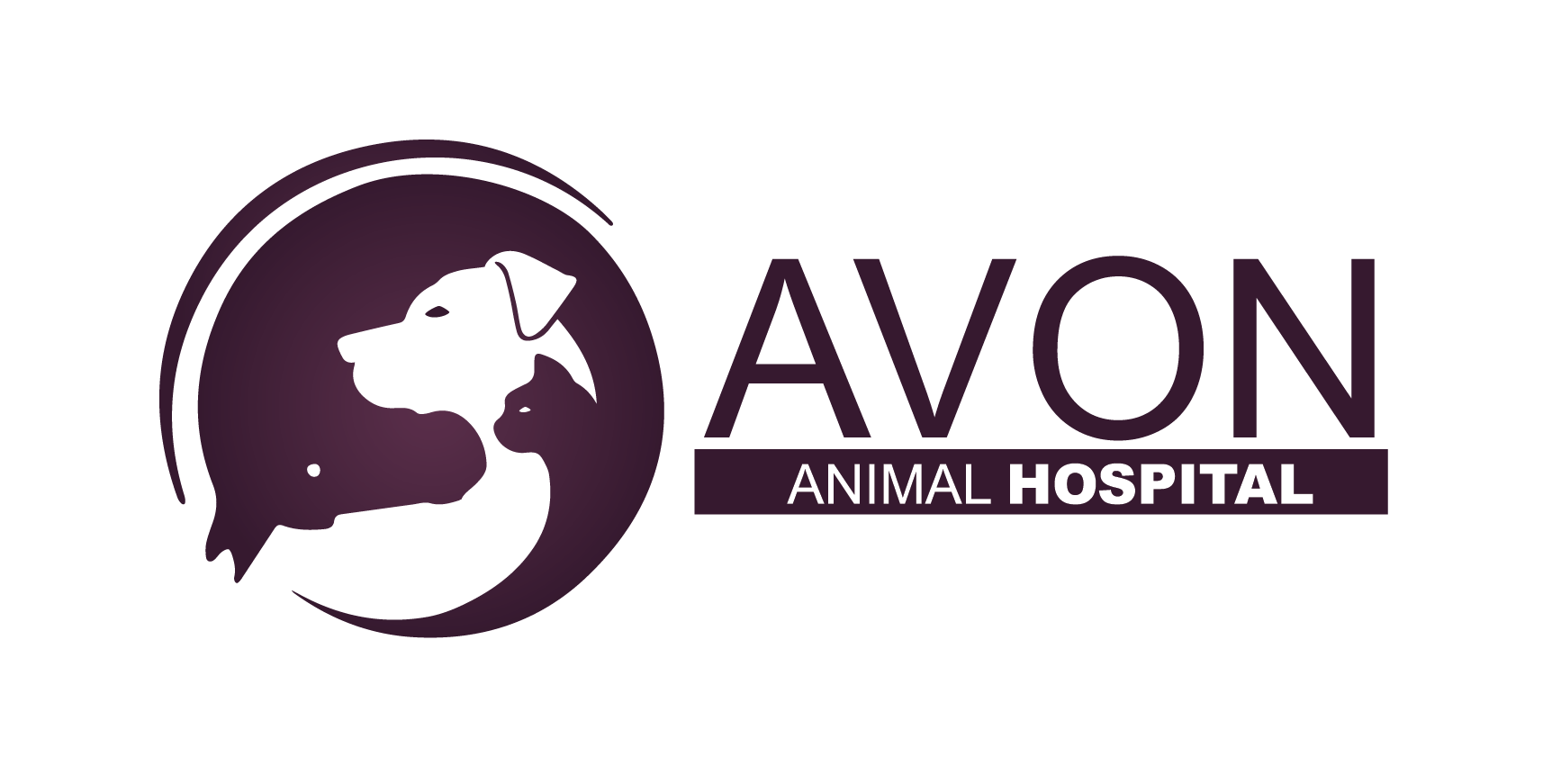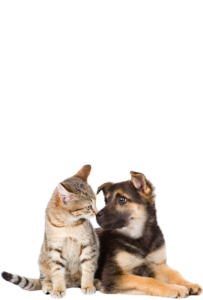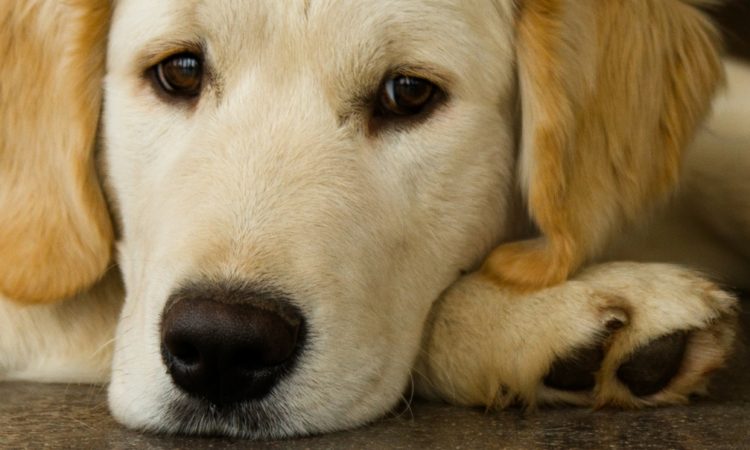Obesity in cats is a rising concern. Along with dental disease, it is the most common issue facing pets today. Recent statistics indicate that over 57% of our feline population is categorized as obese. Like dental disease, obesity in cats is largely preventable. Keeping our cats in good body condition contributes to a greater quality and quantity of life.
How do I know if my cat is overweight?
Veterinarians and members of the health care team rely largely on the body condition scoring (BSC) to determine if a cat is above, below or right on target in regards to their weight. The BCS system uses a scale of 1-9 with a score of 5 being ideal. This method of scoring looks at the distribution of weight along with actual weight. It is also used to help the vet determine if your cat needs adjustments to their food intake or exercise regime. We are happy to provide your cat with a weight assessment and weight loss plan. Give us a call!
How can I help my cat lose weight?
Cats can be trickier than dogs to take the weight off. Gradual weight loss is paramount to achieving success. In consultation with your veterinarian, a member of our health care team will assess your cat’s body condition and determine the best combination of diet and exercise. Yes, you can get your cat to exercise and help them get ready for bikini season! Call us today to book your cat’s nutritional consultation.
What is offered during a nutritional consultation?
A nutritional consultation has three components:
- We gather information regarding your cat’s current diet/feeding patterns, lifestyle and activity level.
- We perform a physical assessment and record their weight and body condition score.
- Upon review, we develop a weight loss plan that involves determining the type, amount, frequency and feeding method of cat food. The plan also incorporates an exercise schedule as well as follow up weight checks at the hospital to track progress. We make adjustments as and when needed.



